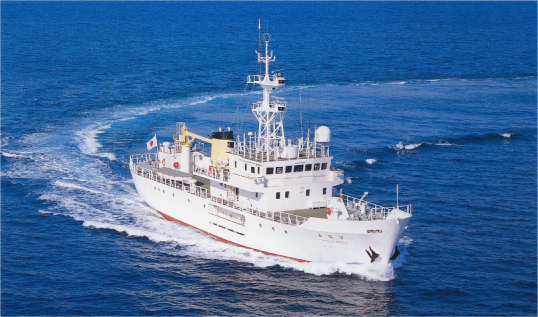|
|
You are here:
STSOps
/
Work packages
/
Nautical Aspects and Guidance System Design

